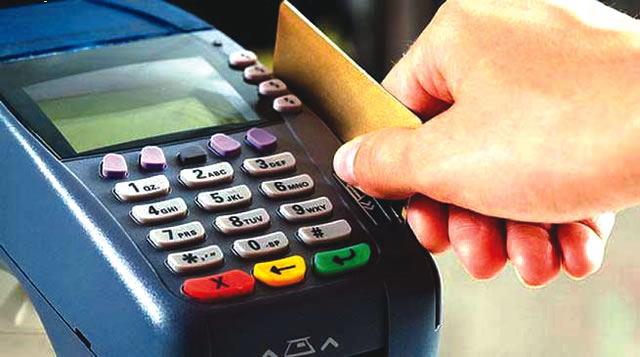Paragraph 1: The Rise of POS Transactions in Nigeria (2024)
Nigeria’s financial landscape in 2024 witnessed a dramatic shift towards digital transactions, particularly through Point of Sale (POS) terminals. Data from the Central Bank of Nigeria (CBN) reveals a staggering N223.27 trillion processed through POS terminals, marking a near doubling of the N110.35 trillion recorded in 2023. This surge coincided with a significant increase in the number of POS transactions, which jumped from 9.85 billion to 13.08 billion, a 32.7% year-on-year growth. This explosive growth underscores a clear migration away from traditional Automated Teller Machines (ATMs) towards more convenient and accessible POS platforms for financial transactions. While ATM withdrawals remained relatively stagnant, hovering around N29.12 trillion in 2024, a minor increase from the previous year’s N28.21 trillion, the contrast highlights the growing preference for digital payment methods.
Paragraph 2: Month-by-Month POS Dominance and ATM Decline
A closer examination of the monthly data paints a consistent picture of POS ascendancy throughout 2024. From January to December, POS transaction values consistently outpaced those of the previous year, often by substantial margins. For instance, January 2024 saw POS terminals process N11.50 trillion, more than double the N5.28 trillion recorded in January 2023, while ATM withdrawals simultaneously fell from N3.24 trillion to N2.15 trillion. This trend continued throughout the year, with POS transaction values consistently exceeding those of 2023, often recording double or even triple-digit percentage increases. Concurrently, ATM withdrawals generally remained below or only marginally above their 2023 counterparts, reinforcing the narrative of shifting consumer behavior.
Paragraph 3: Factors Driving POS Adoption and the Impact of Cash Scarcity
Several factors contributed to the dramatic rise in POS usage. Primarily, the expanding network of POS terminals, facilitated by agency banking, brought financial services closer to communities, especially in rural areas where traditional banking infrastructure was limited. This increased accessibility, coupled with the convenience and speed of POS transactions, made them an attractive alternative to ATM withdrawals. However, the surge in POS transactions was further fueled by periodic cash scarcity, particularly towards the end of the year. With ATMs frequently running dry and banks rationing cash withdrawals, Nigerians were increasingly reliant on POS agents, despite the often exorbitant fees they charged. This situation, while benefiting POS operators, highlighted the vulnerabilities of the financial system and placed a burden on consumers.
Paragraph 4: The Dark Side of POS Growth: Exploitative Charges and Rising Fraud
The rapid growth of POS transactions, while indicative of progress in digital finance, also brought significant challenges. Exploiting the cash scarcity, POS agents arbitrarily inflated transaction charges, sometimes doubling or even tripling their rates. This predatory practice placed an undue financial burden on citizens who had limited alternatives for accessing cash. Moreover, the increasing reliance on POS transactions created a fertile ground for fraudulent activities. Reports from the Financial Institutions Training Centre (FITC) revealed a sharp rise in POS-related fraud, highlighting the need for stronger security measures and consumer protection mechanisms.
Paragraph 5: Regulatory Response and Efforts to Curb Malpractices
In response to the escalating issues surrounding POS operations, the CBN implemented a series of measures aimed at regulating the sector and protecting consumers. These included introducing daily cash-out limits for both agents and customers, mandating the connection of all agent terminals to the Payments Terminal Service Aggregator for enhanced monitoring, and requiring daily transaction reports to be submitted to the Nigerian Inter-Bank Settlement System. Furthermore, the CBN held banks accountable for the actions of their agents and imposed sanctions, including hefty fines, on banks that failed to ensure cash availability through ATMs. These measures, while designed to improve transparency and control, underscored the challenges of managing a rapidly evolving financial landscape.
Paragraph 6: Navigating the Future of Digital Transactions in Nigeria
The trends observed in 2024 clearly indicate a sustained shift towards digital transactions in Nigeria, with POS terminals taking center stage. While the expansion of POS services offers significant potential for financial inclusion and economic growth, it is crucial to address the accompanying challenges of exploitative charges, fraud, and regulatory oversight. Striking a balance between promoting innovation and protecting consumers will be paramount in ensuring the sustainable development of Nigeria’s digital financial ecosystem. The future will likely involve a continuous interplay between technological advancements, regulatory interventions, and evolving consumer behavior, ultimately shaping the landscape of digital transactions in the country.














